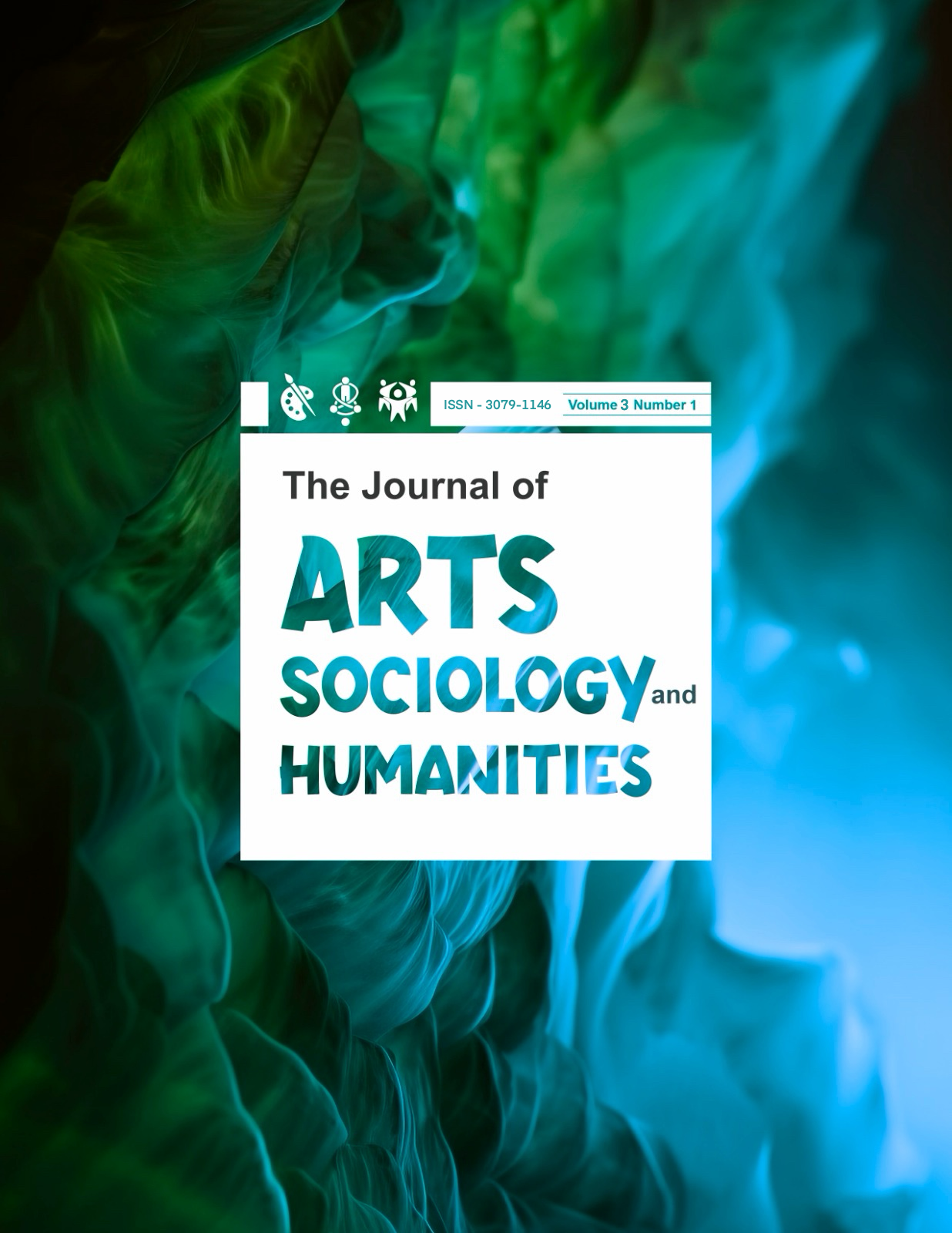رد استشراق: پس چہ باید کرد اے اقوام شرق کے تناظرمیں ایک تنقیدی مطالعہ
Abstract
This paper presents a critical evaluation of Allama Muhammad Iqbal’s poem “Pas Cheh Bayad Kard Ai Aqwam-e-Sharq?” in the context of postcolonial resistance to Orientalism. Drawing upon Edward Said’s seminal work Orientalism, the study explores how Western intellectual discourse systematically portrayed the East as irrational, passive, and culturally inferior. Long before Said, Iqbal had recognized the epistemic violence of such representations and responded through powerful poetic resistance. The poem serves not only as a spiritual manifesto for Eastern nations but also as a counter-narrative to Western hegemony. By invoking the concept of khudi (selfhood), Iqbal challenges the mimicry of Western ideals and calls for intellectual and moral regeneration among colonized Muslim societies. The comparative analysis between Iqbal and Said reveals a deep convergence in their critique of the West’s ideological domination. This study thus positions Iqbal’s poetic vision as an early articulation of postcolonial consciousness, offering valuable insights for contemporary discourses on decolonization and identity.
Keywords: Iqbal, Orientalism, Edward Said, Postcolonialism, Khudi, Muslim Identity, Western Hegemony.
Downloads
Published
Issue
Section
License
Copyright (c) 2025 محمد عرفان (Author)

This work is licensed under a Creative Commons Attribution 4.0 International License.






